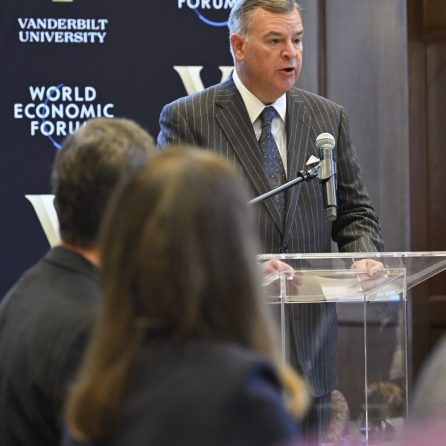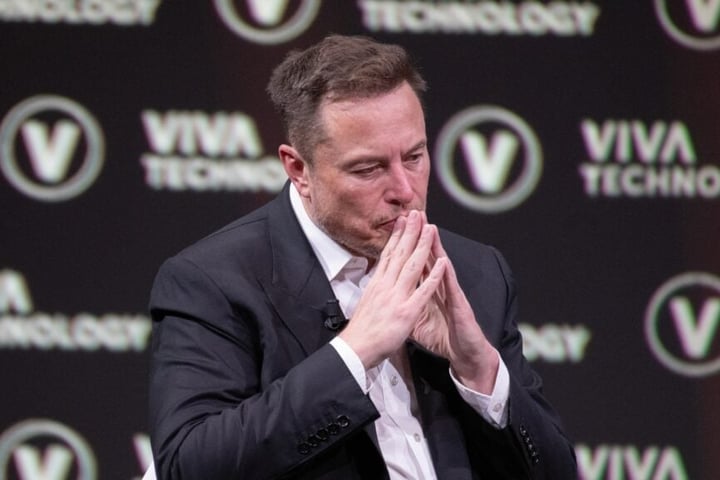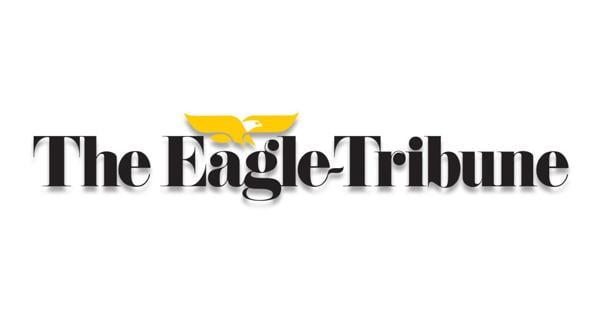Vanderbilt University welcomed influential figures from government, industry, academia, and civil society on November 10, 2023, for a significant World Economic Forum program titled “Regional Leadership in a New Global Context.” The event brought together diverse leaders in Nashville to discuss how states and regions can effectively navigate an evolving national and global landscape.
This gathering aligns with Vanderbilt’s commitment to engaging with pressing global issues and solidifying its role as a hub for policymaking, research, and innovation. The day included sessions that focused on critical topics such as workforce development, energy, health care, technology, and national security.
Key Discussions and Insights
The program commenced with a networking breakfast and a welcome address from Paul Smyke, head of the regional agenda at the World Economic Forum, alongside Darren Reisberg, vice chancellor for administration at Vanderbilt. Nathan Green, vice chancellor for government and community relations, introduced Tennessee Governor Bill Lee, who emphasized the importance of positioning states as engines of growth and innovation amidst changing political and economic dynamics.
A pivotal discussion followed, featuring Chancellor Daniel Diermeier and Sam Feist, CEO of C-SPAN. Their conversation examined how higher education institutions can maintain trust and support free expression while preparing future leaders. The audience engaged actively in a Q&A session, showcasing strong interest in Vanderbilt’s leadership in educational reform.
Panels Addressing Modern Challenges
Throughout the day, participants engaged in various panels that included state government officials, national health leaders, and corporate executives. The session titled “AI Prescription for Healthcare” delved into the implications of artificial intelligence in medicine. Panelists, including health secretaries from North Carolina, Illinois, and Wisconsin, discussed the balance between innovation and patient trust, along with governance strategies to maximize the benefits of health AI through effective collaboration between public and private sectors.
Another panel, “Future-Proofing America’s Talent Pipeline,” focused on aligning workforce development with the needs of an evolving labor market. Speakers highlighted the necessity of strengthening pathways from education to employment while fostering partnerships across sectors to address talent shortages.
The “Building America’s Future Energy” session brought together leaders from various segments of the energy sector to discuss how the U.S. can meet increasing energy demands while transitioning to a more sustainable system. Topics included infrastructure expansion and the collaborative role of industry in driving innovation.
Pulitzer Prize-winning historian and Vanderbilt professor Jon Meacham led a working lunch discussion on the current political climate, placing contemporary challenges within the broader context of U.S. history. He noted that Americans are not only debating political mechanisms but also the very purpose of politics itself, emphasizing the significance of historical perspective in navigating today’s challenges.
The event concluded with a panel moderated by Julian Barnes from The New York Times, addressing the complex landscape of U.S. national security. Experts in cybersecurity, biosecurity, and public affairs discussed emerging threats, including infrastructure vulnerabilities and geopolitical tensions, while seeking collaborative solutions across sectors.
Vanderbilt and World Economic Forum representatives closed the program by stressing the need for ongoing collaboration to build a resilient and prosperous future. This forum not only highlighted current challenges but also served as a platform for leaders to forge connections that will shape the trajectory of regional and global development.







